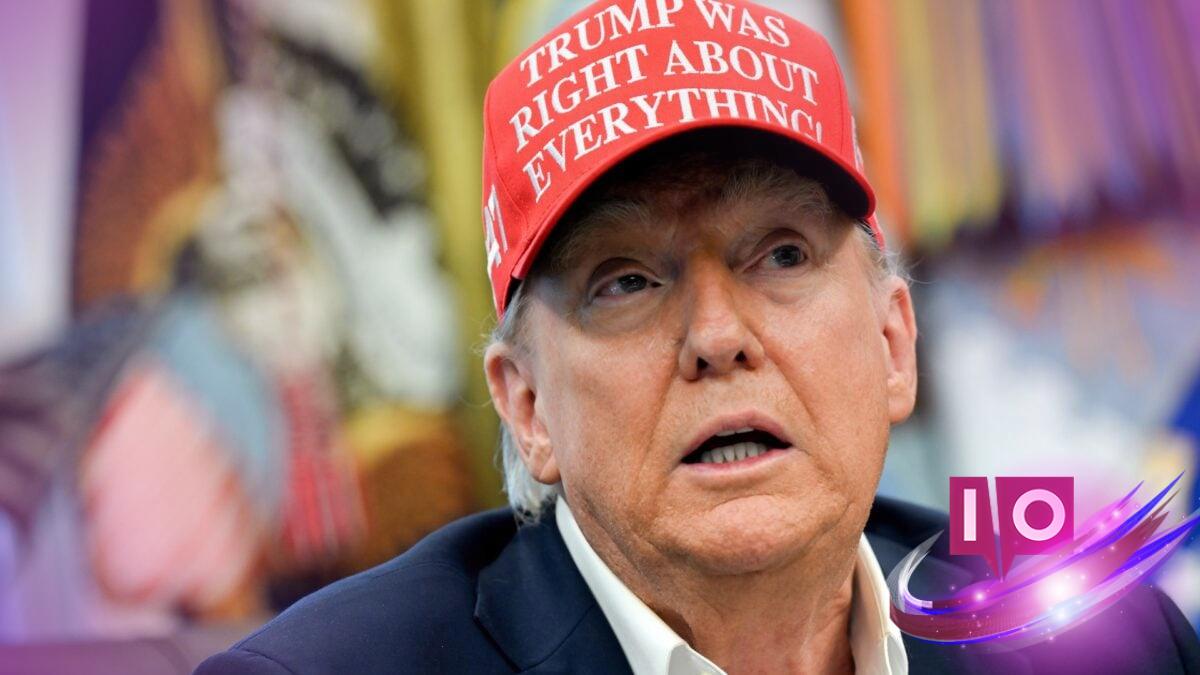This week, we might witness a breakthrough in the long-nurtured U.S.-China negotiations aimed at keeping TikTok operational in the American market. With details gradually emerging about this much-anticipated agreement, there’s a potential shift in the app’s ownership and operational structure that could reshape its future.
While the exact terms of the deal remain under wraps, it is anticipated that a prominent facet will involve a U.S. spin-off of the extremely popular social media platform, operated by a group of American investors while still leveraging the Chinese algorithm that drives its success.
1. The Importance of TikTok’s Algorithm
The crux of the discussions between China and the U.S. has revolved around TikTok’s proprietary algorithm. This technology has been a key component of TikTok’s rapid rise to fame, captivating millions globally. However, Chinese administrators have shown hesitance to relinquish control over this valuable asset, sparking concerns about what TikTok would offer without it.
2. U.S. Position on Security Control
Conversely, the United States has staunchly insisted on ensuring that the app’s algorithm is completely decoupled from its Chinese parent company, ByteDance. The U.S. government has raised alarms over the potential for the app to serve as a tool for data manipulation and influence. Fortunately, recent discussions hint at a possible resolution to this contentious issue.
3. Recent Developments in Negotiations
Wang Jingtao, a deputy head of China’s cybersecurity regulator, recently stated that the impending deal would include provisions for “licensing TikTok’s algorithm and other intellectual property rights.” Furthermore, ByteDance would be tasked with ensuring the operation of TikTok’s U.S. user data and content security.
4. The Shift to a U.S.-Centric App
Sources indicate that TikTok is working on a standalone app for American users that will only partially depend on the original algorithm. The plan involves exporting the algorithm to the U.S., where it will be re-trained using data from American users, ensuring greater control and local relevance.
5. Legislative Context and Timelines
In 2024, Congress passed legislation during the Biden administration aimed at banning TikTok or requiring its sale to an American company due to ongoing cybersecurity concerns. While the original deadline was set for January, former President Trump has deferred this twice, with the new date looming on September 17.
6. Key Players in the Deal
Treasury Secretary Scott Bessent announced in Madrid that a framework for the TikTok deal has been established. The specifics are set to be revealed after Trump meets with Chinese President Xi Jinping. Notably, Oracle, the cloud computing giant, is positioned to help manage TikTok’s U.S. operations and user data, which could place significant influence in the hands of its chairman, Larry Ellison.
Could TikTok face a ban in the U.S.? Amid ongoing cybersecurity discussions, a ban was proposed back in 2024, highlighting national security concerns. The evolving agreement could provide a viable solution, as stakeholders navigate complex terrains.
What role will American investors play in TikTok’s future? The deal is expected to involve a consortium of American investors, which could redefine TikTok’s operational footprint in the U.S. and safeguard data against foreign influence.
Will Oracle’s involvement change TikTok’s data handling? With Oracle storing U.S. user data in its safe havens, the collaboration could enhance data security and restore trust among American users while maintaining platform integrity.
In conclusion, as developments unfold regarding the potential TikTok deal between the U.S. and China, it’s a topic worth watching closely. The implications for data privacy, algorithm control, and the influence of American investors could reshape the social media landscape. For ongoing updates and insights on digital trends, make sure to explore related content on Moyens I/O.
